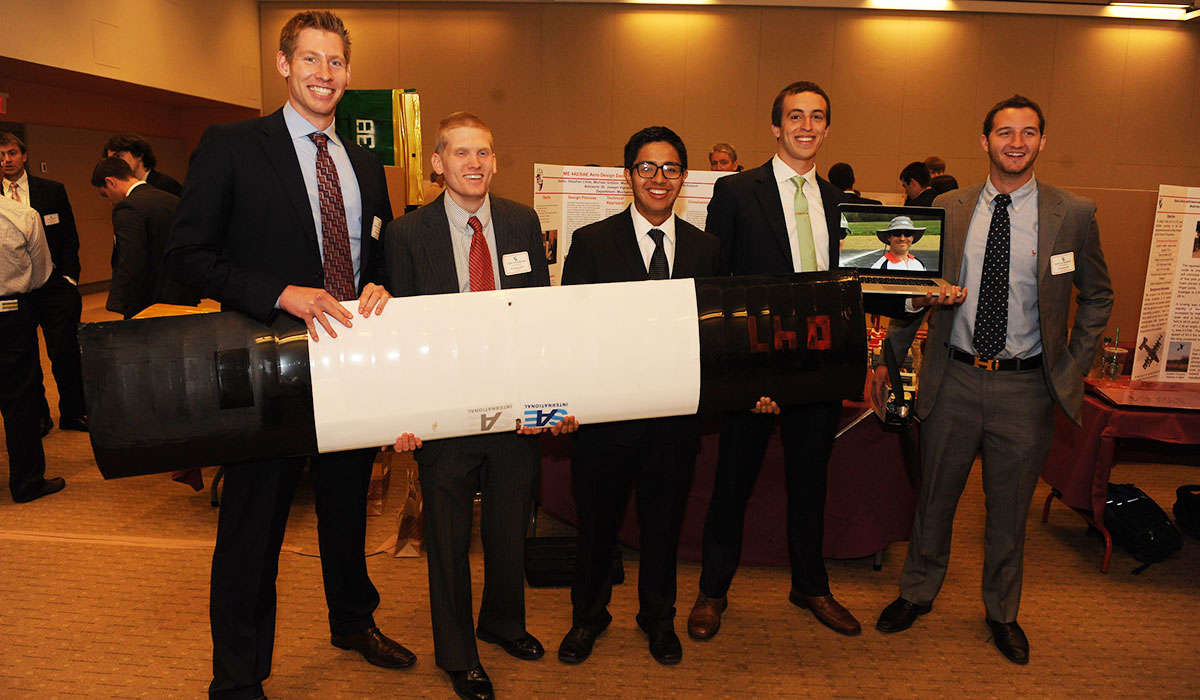
- Electrical Engineering
- Computer Engineering
Electrical engineering is a driving force in the improvement of how we interact in today’s world. Whether we consider the fundamentals behind today’s cable, wireless, and fiber-optic communications systems, the ever-increasing speed of computers, the intelligence embedded into our home appliances and automobiles, or emerging alternative energy sources, electrical engineering plays a dominant role.
Electrical Engineering was founded formally more than a century ago when Ampere, Faraday, and Ohm discovered the electrical quantities known as charge, potential and current and the dynamics of their interactions. Electrical engineering is the application of applied physics toward the understanding of how these quantities can be used to serve humankind. It is integrated into all fields of engineering through measurement devices and equipment, electronic control systems, visual displays, and remote monitoring. Electrical engineers are major players in the design of technologically advanced systems that include commercial applications, space exploration, national defense, scientific discovery and medical technology.
Computers are ubiquitous today, yet their inner workings and future evolution remain shrouded in mystery for many people. Computer engineering studies the fundamentals of hardware and software components, advanced system design and human interface issues, and pursues their applications in science, engineering, and technology in our daily lives.
According to the U.S. Bureau of Labor Statistics, computer programmers and computer analysts are expected to be among the fastest-growing occupations in the new millennium. The need for computer engineers in technical fields such as engineering and medicine, as well as business and banking will continue to grow in the foreseeable future, ensuring ample professional prospects for computer engineering graduates.
